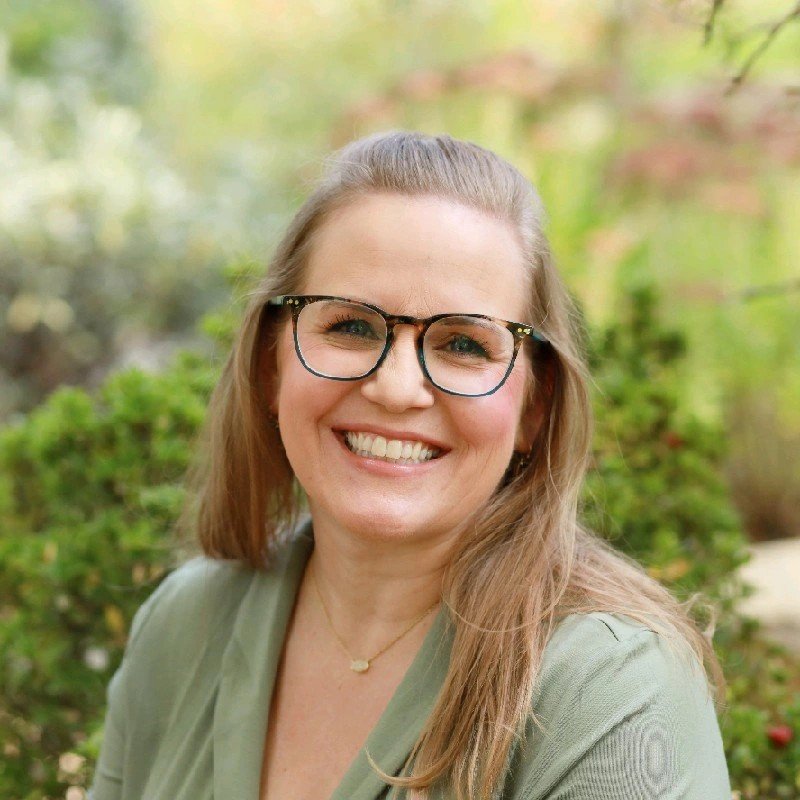UScellular and YWCA launch new STEM programme to inspire girls and rural students
UScellular network associates spent time with the YWCA of Greater Green Bay to talk about their career paths in STEM and show them how a local cell site keeps their community connected.
UScellular has teamed up with YWCA to tackle a growing issue in education: the declining interest in STEM subjects among young people, particularly girls and students from underserved communities.
As part of this initiative, UScellular has worked with YWCA to create an updated STEM programme, which was piloted earlier this year through YWCA’s TechGYRLS initiative.
The new programme is designed to inspire girls in years 3-8 to consider future careers in STEM fields.
Research conducted by developmental psychologist Dr Richard Rende, commissioned by UScellular, highlighted a worrying trend: while children typically develop a strong interest in STEM subjects before the age of 11, this interest declines significantly by the age of 15.
The drop-off is particularly pronounced among girls and students in rural areas, who often face limited access to STEM opportunities and role models.
"The research showed that many current programmes are trying to prepare kids to pursue STEM careers. That's not enough to sustain interest during the transition to adolescence, especially during a critical and even fragile time for kids," explained Dr Rende. .
"This drop-off in interest is even more marked among young girls who start to believe they aren't smart enough or that STEM is for boys, and rural students who lack access to local resources, opportunities and role models with similar backgrounds."
To address this challenge, UScellular collaborated with YWCA to create a programme guide for the TechGYRLS initiative, drawing on the key themes identified in Dr Rende’s research:
Equity: Making sure STEM programmes are accessible to students in rural areas and counteracting stereotypes about who belongs in STEM fields.
Relatability: Introducing students to women in STEM careers with similar backgrounds to their own, showing them that success is attainable.
Relevance: Demonstrating real-world applications of STEM, particularly in ways that connect to students’ local environments and everyday technology.
Support: Providing mentorship and guidance, especially as projects become more complex, to encourage resilience and confidence in STEM subjects.
Lori Dawson, UScellular’s Senior Director of Service Engineering, emphasised the company’s commitment to helping reverse the decline in STEM interest:
"UScellular is proud to play a leadership role in addressing the waning interest in STEM among young people and helping to create a programme that overcomes the barriers they face.
"It's important that we have a diverse workforce to guide us into the future, and I look forward to seeing the impact that the new TechGYRLS programme will have on getting more girls to join me and pursue futures in STEM education and careers."
The programme, piloted in Bristol, Tennessee, and Green Bay, Wisconsin, will roll out more widely this autumn, with YWCA and UScellular planning to offer the guide online to reach even more students. Both organisations also plan to measure the long-term impact of the programme by evaluating changes in student perceptions and attitudes towards STEM subjects.
Margaret Mitchell, CEO of YWCA USA, concluded:
"STEM education is a powerful way to spark curiosity and build confidence in young people. It's essential that we support girls in exploring all the opportunities available to them. Whether in science, mathematics, athletics, technology, or conservation, we need women leading the way in STEM and shaping a more equitable and sustainable future.”





















